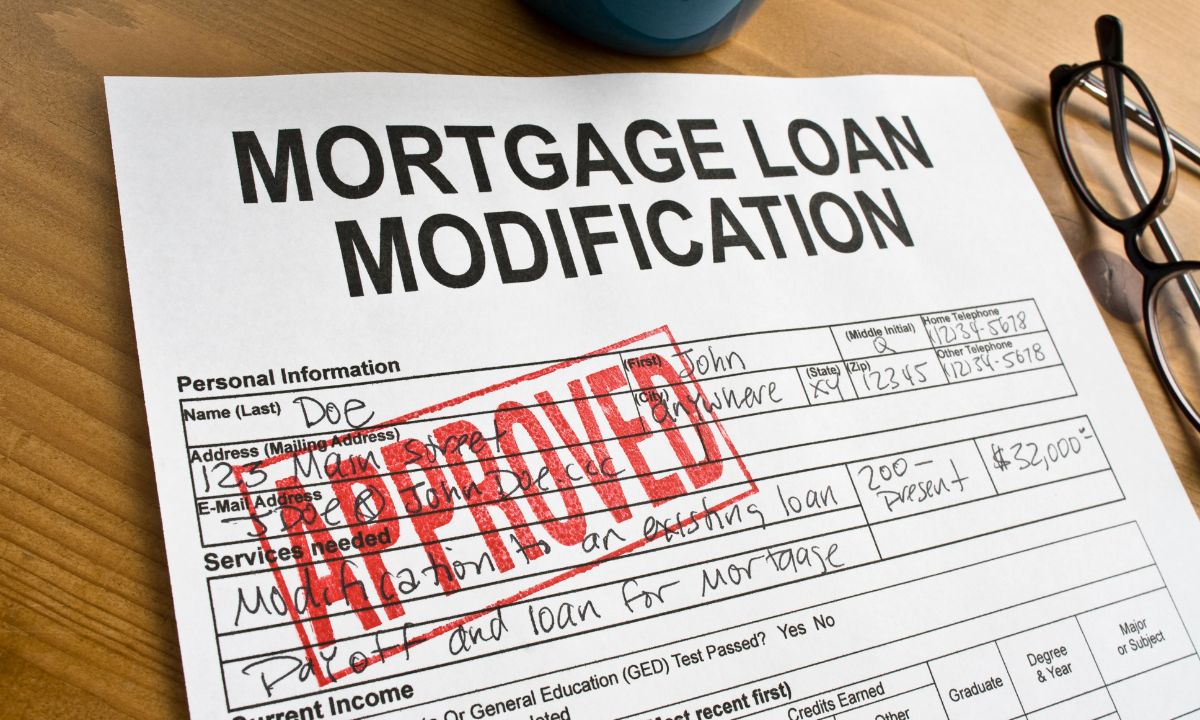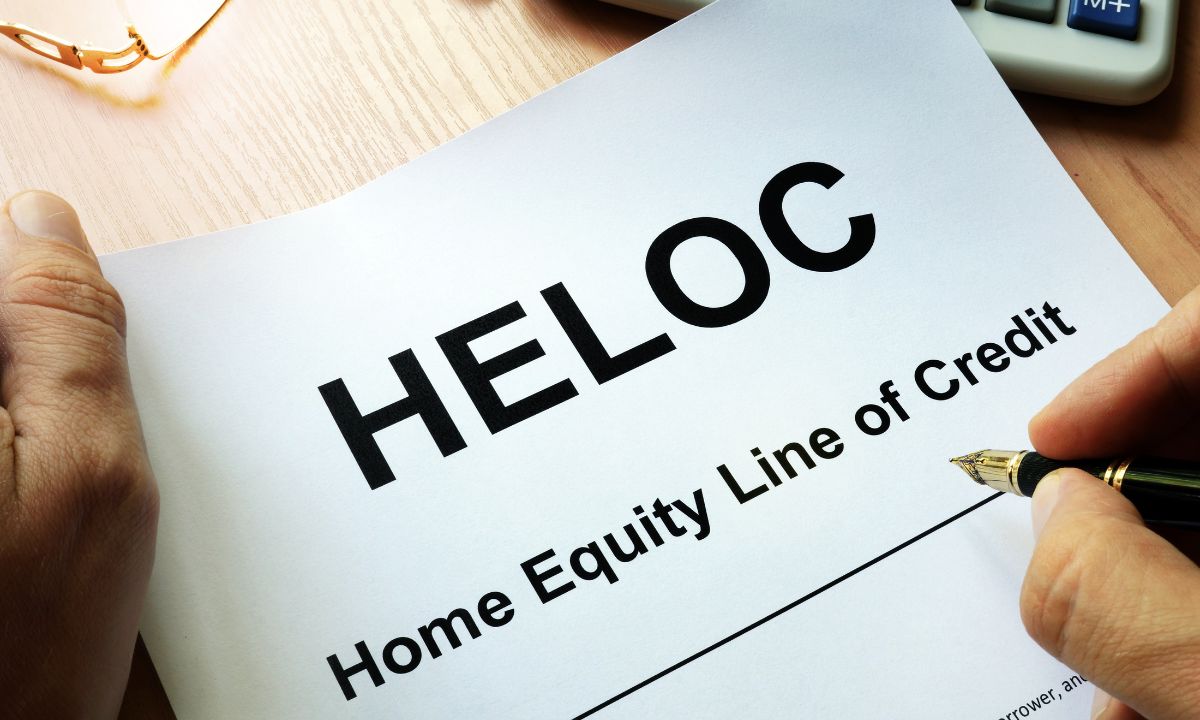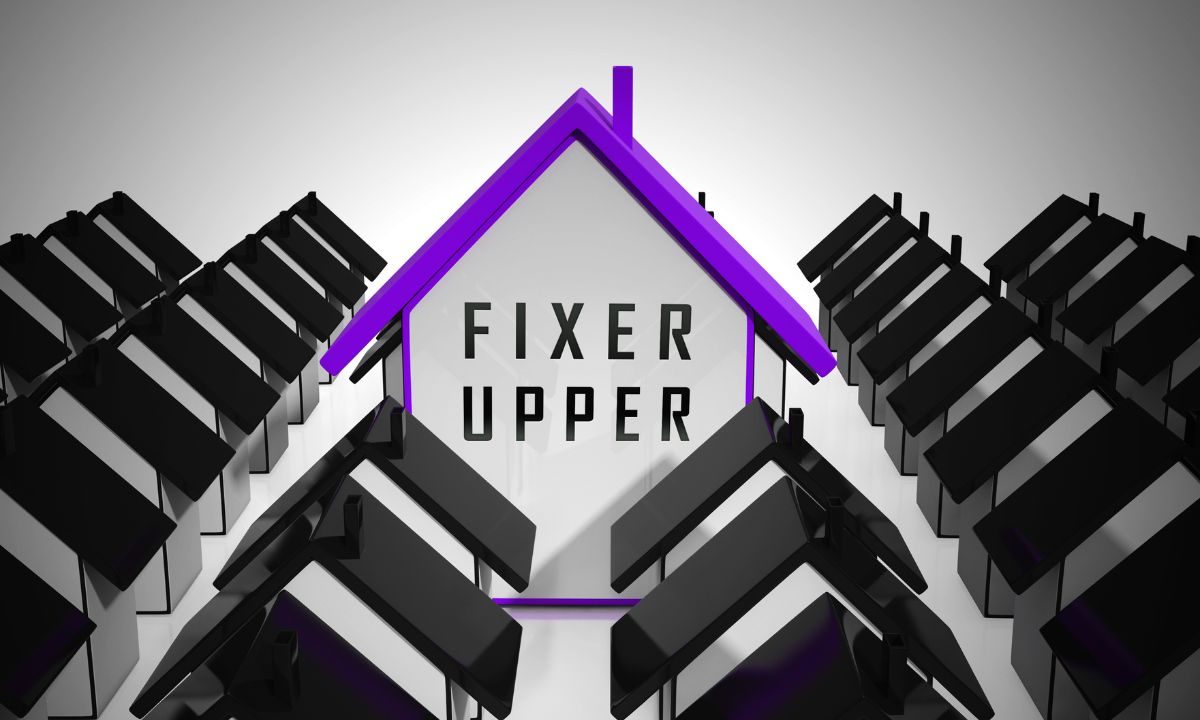 Welcome to our consumer blog, where we delve into the finer details of real estate and homeownership. Today, we’re exploring the enticing realm of gated communities and why they might just be the perfect fit for your next home purchase.
Welcome to our consumer blog, where we delve into the finer details of real estate and homeownership. Today, we’re exploring the enticing realm of gated communities and why they might just be the perfect fit for your next home purchase.
1. Enhanced Security: One of the most obvious perks of residing in a gated community is the heightened sense of security it offers. With restricted access points and often round-the-clock security personnel, gated neighborhoods provide a level of safety and peace of mind that is hard to match. For families, this means children can play freely and residents can rest easy knowing their homes are protected.
2. Exclusive Amenities: Gated communities often boast an array of exclusive amenities, from pristine swimming pools and state-of-the-art fitness centers to meticulously maintained parks and recreational areas. These perks aren’t just luxuries – they’re opportunities to enhance your quality of life and foster a sense of community among neighbors.
3. Maintenance and Aesthetics: When you buy a home in a gated community, you’re not just investing in a property – you’re investing in a meticulously planned environment where every aspect, from landscaping to infrastructure, is carefully curated. This means you can expect well-maintained common areas, beautifully landscaped surroundings, and strict adherence to architectural guidelines, ensuring that your property retains its value for years to come.
4. Sense of Community: Living in a gated community often fosters a strong sense of belonging and camaraderie among residents. Whether it’s through organized events, community gatherings, or simply waving hello to your neighbors as you stroll down the tree-lined streets, gated living encourages meaningful connections and friendships that can last a lifetime.
5. Privacy and Exclusivity: Let’s not forget the allure of privacy and exclusivity that comes with residing in a gated community. Away from the prying eyes of the public, you can enjoy a sense of seclusion without sacrificing convenience. It’s the best of both worlds – a tranquil retreat that’s still within easy reach of urban amenities.
6. Increased Property Value: Last but certainly not least, investing in a home in a gated community can be a smart financial move. The combination of security, amenities, and prestige associated with gated living often translates to increased property values over time, making it a sound long-term investment.
Buying a home in a gated community isn’t just about acquiring a piece of real estate – it’s about embracing a lifestyle characterized by security, luxury, and community spirit. Whether you’re raising a family, seeking a peaceful retreat, or simply craving the finer things in life, gated living offers an array of benefits that are hard to resist. So why settle for the ordinary when you can experience the extraordinary? Unlock the door to a world of possibilities and discover the joys of gated living today.
 When it comes to purchasing Real Estate, the traditional financing options may not always be the perfect fit for every aspiring homeowner. Fortunately, a range of alternative financing options exists, offering innovative solutions that cater to diverse financial circumstances. Here are some creative financing avenues that empower homebuyers to achieve their dream of homeownership: rent-to-own, lease-purchase agreements, and shared equity arrangements.
When it comes to purchasing Real Estate, the traditional financing options may not always be the perfect fit for every aspiring homeowner. Fortunately, a range of alternative financing options exists, offering innovative solutions that cater to diverse financial circumstances. Here are some creative financing avenues that empower homebuyers to achieve their dream of homeownership: rent-to-own, lease-purchase agreements, and shared equity arrangements. In times of financial hardship, such as job loss, medical emergencies, or economic downturns, homeowners may find it challenging to keep up with their mortgage payments. When facing such difficulties, understanding options like mortgage forbearance and loan modification can be crucial for maintaining stability and avoiding foreclosure. Let’s discuss what homeowners need to know about mortgage forbearance and loan modification, including their differences, implications, and how to navigate these options effectively.
In times of financial hardship, such as job loss, medical emergencies, or economic downturns, homeowners may find it challenging to keep up with their mortgage payments. When facing such difficulties, understanding options like mortgage forbearance and loan modification can be crucial for maintaining stability and avoiding foreclosure. Let’s discuss what homeowners need to know about mortgage forbearance and loan modification, including their differences, implications, and how to navigate these options effectively.
 Home equity loans and Home Equity Lines of Credit (HELOCs) are two avenues through which homeowners can tap into this valuable asset. Understanding the differences between them is crucial for making informed financial decisions. We will review the intricacies of these financial products, exploring how they work and helping you determine which might be the better fit for your needs.
Home equity loans and Home Equity Lines of Credit (HELOCs) are two avenues through which homeowners can tap into this valuable asset. Understanding the differences between them is crucial for making informed financial decisions. We will review the intricacies of these financial products, exploring how they work and helping you determine which might be the better fit for your needs. Are you in the market for a new home? Have you considered the allure of a fixer-upper? While the idea of purchasing a home that needs a bit of TLC might seem daunting at first, numerous benefits come with this type of investment. We will plunge into the exciting world of fixer-uppers and uncover why they might just be the perfect choice for you.
Are you in the market for a new home? Have you considered the allure of a fixer-upper? While the idea of purchasing a home that needs a bit of TLC might seem daunting at first, numerous benefits come with this type of investment. We will plunge into the exciting world of fixer-uppers and uncover why they might just be the perfect choice for you. Homes are more than just a building. They are filled with memories of children taking their first steps, holidays that were celebrated with family members and friends, and Super Bowl parties filled with smiles and cheers.
Homes are more than just a building. They are filled with memories of children taking their first steps, holidays that were celebrated with family members and friends, and Super Bowl parties filled with smiles and cheers. Technology is no longer limited to just our smartphones and laptops; it’s rapidly infiltrating every aspect of our lives, including the place we call home. The real estate industry is experiencing a significant transformation with the emergence of Smart Homes and the Internet of Things (IoT). These innovations are not just about convenience; they are revolutionizing the way we live, making our homes safer, more efficient, and ultimately more enjoyable.
Technology is no longer limited to just our smartphones and laptops; it’s rapidly infiltrating every aspect of our lives, including the place we call home. The real estate industry is experiencing a significant transformation with the emergence of Smart Homes and the Internet of Things (IoT). These innovations are not just about convenience; they are revolutionizing the way we live, making our homes safer, more efficient, and ultimately more enjoyable.
 Fix-and-flip projects can be lucrative endeavors for real estate investors, but they often require a significant upfront investment. One key financial tool that savvy investors use to fund these projects is a construction loan. We will examine how you can leverage construction loans to maximize your profits in the fix-and-flip game.
Fix-and-flip projects can be lucrative endeavors for real estate investors, but they often require a significant upfront investment. One key financial tool that savvy investors use to fund these projects is a construction loan. We will examine how you can leverage construction loans to maximize your profits in the fix-and-flip game.